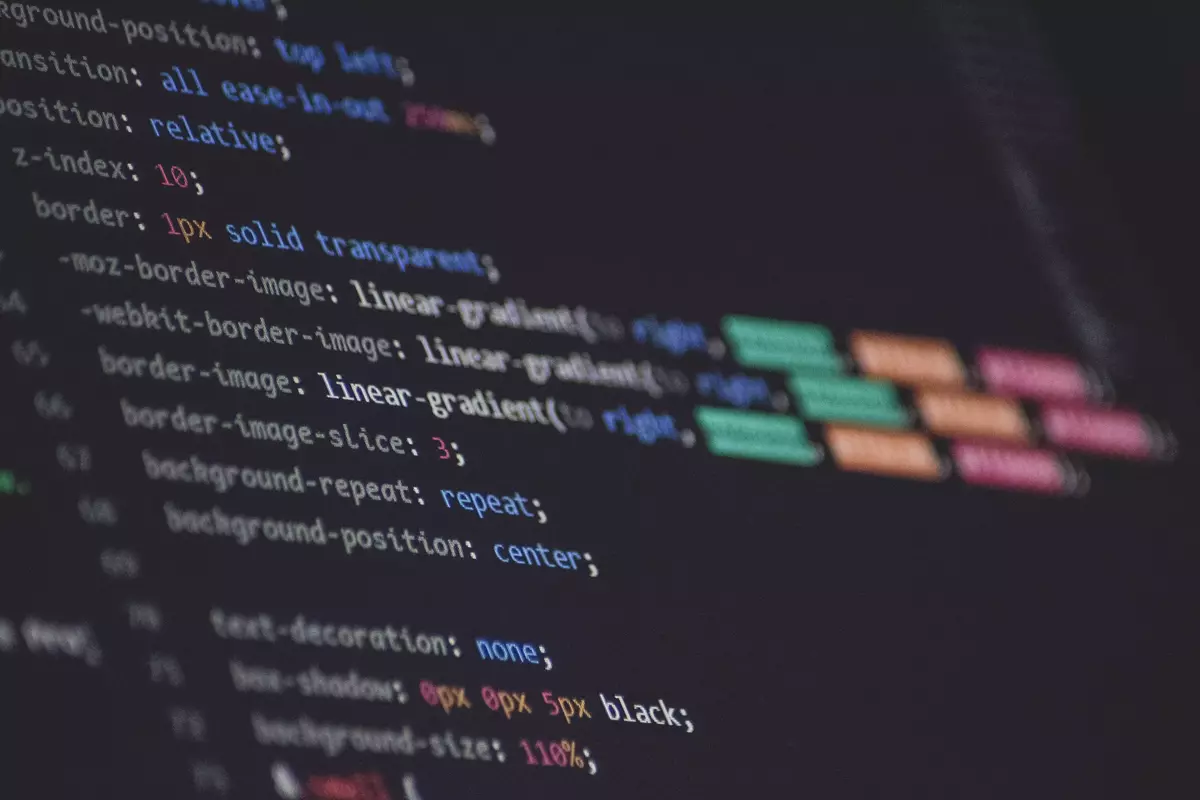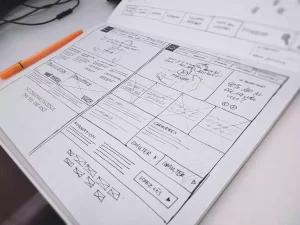The ongoing evolution of web design, where aesthetics, functionality, and user experience are paramount, has been significantly impacted by the integration of Artificial Intelligence (AI). From automating design elements to creating personalized experiences, artificial intelligence has become an essential tool in contemporary web design.
Automation of Design Elements
One of the most significant aspects of artificial intelligence in web design is the automation of design elements. In the past, web designers invested considerable time and effort in creating basic elements such as icons, color schemes, or page structures. With the assistance of artificial intelligence, many of these tasks can now be automated.
For instance, generating custom icons for a website can be easily achieved using AI algorithms. These algorithms can analyze the website’s content and generate relevant icons that match its theme and content. This not only reduces the time needed to create custom design elements but also allows designers to focus on the more creative aspects of web design.
Enhancing User Experience
User experience (UX) is a crucial component of web design. Artificial intelligence plays a significant role in optimizing and personalizing the user experience. AI can analyze user behavior on a website and provide personalized recommendations for content or products users may appreciate. For example, an e-commerce site can use artificial intelligence to monitor users’ buying preferences and offer product suggestions based on their past purchases. This not only enhances the user experience but also increases conversions and sales.
Responsive Design
Another critical aspect of web design is adapting to different devices and screen sizes. With artificial intelligence, this process can be automated to create responsive web design. AI can detect a user’s screen size and dynamically adjust the site’s appearance to fit. This ensures that the site looks as good on a large desktop as it does on a small smartphone. Automating responsive design not only saves designers time but also ensures that the site quickly adapts to technological changes and new devices entering the market.
Content Personalization
Content personalization is another key aspect of web design, supported by artificial intelligence. AI can analyze users’ browsing history and offer relevant, real-time personalized content. This leads to a more engaging user experience and increases user retention on the site. For example, a news website can use artificial intelligence to recommend relevant articles based on individual user interests and preferences. This results in more pleasant navigation and longer interactions with the site.
SEO Optimization with AI
In addition to automating and personalizing web design, artificial intelligence can significantly impact search engine optimization (SEO). AI can accurately analyze a site’s content and suggest relevant keywords, link structures, and other essential aspects for improved search engine rankings. This is an efficient way to ensure that a site is discovered by users searching for similar information or products on the internet. A higher ranking in search results can attract more visitors and potential customers to the site.
Artificial intelligence has a substantial impact on web design, from automating design elements to creating personalized user experiences. It enhances the efficiency of the design process, optimizes the user experience, and contributes to increased visibility and performance on search engines. With the ongoing evolution of artificial intelligence, we can expect to see even more innovations that will further transform the web design landscape in the future. Successfully integrating artificial intelligence into your web design strategy can be the key to long-term online success.
Learn about the Future of Collaboration Between Humans and Artificial Intelligence in Web Design!
Urmărește-ne pe rețelele sociale:
Instagram: https://www.instagram.com/securemenow/
Facebook: https://www.facebook.com/securmenow
Noi oferim servicii de Web Design and WEB AI. Contactează-ne







